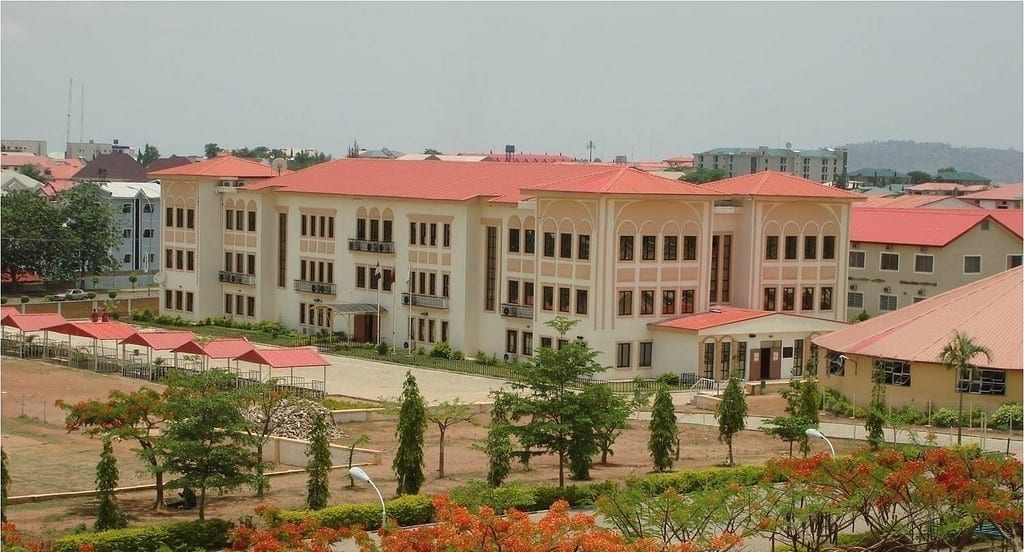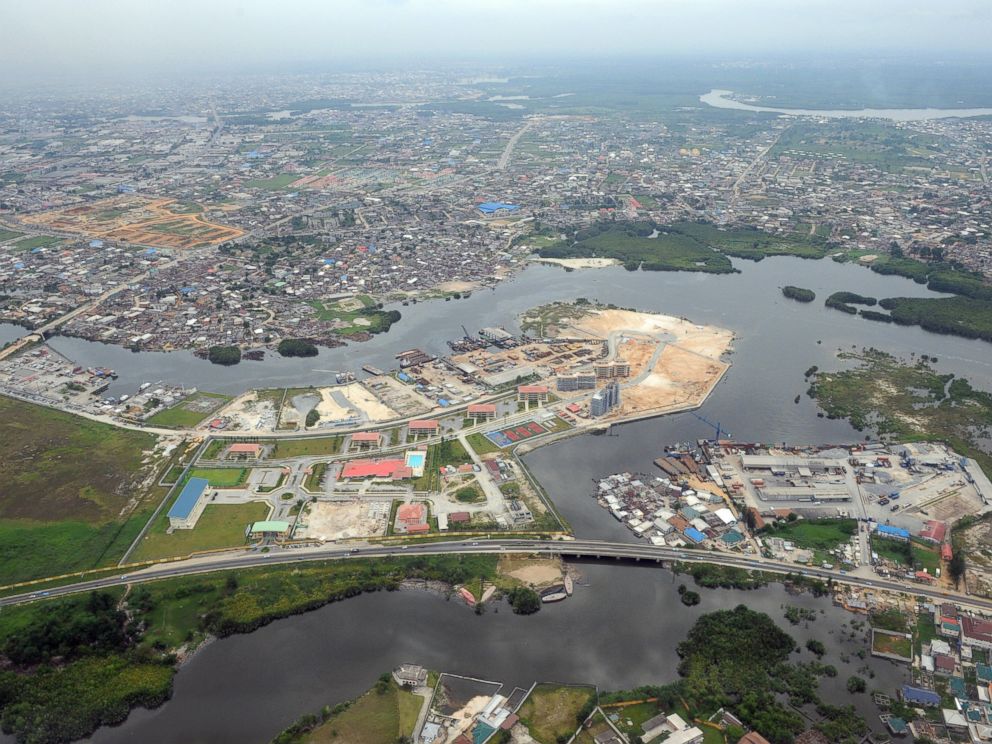

Pipelines carry oil and natural gas to Port Harcourt (where there also is a refinery) and to the port of Bonny, 25 miles (40 km) south-southeast, and refined oil to Makurdi in Benue state. Nigeria’s first oil refinery (1965) is at Alesa-Eleme, 12 miles (19 km) southeast. The town also manufactures steel structural products, corrugated tin, paints, plastics, enamelware, wood and metal furniture, cement, concrete products, and several other goods. The Trans-Amadi Industrial Estate, 4 miles (6 km) north, is a 2,500-acre (1,000-hectare) site where tires, aluminum products, glass bottles, and paper are manufactured. Port Harcourt is one of Nigeria’s leading industrial centres. In the 1970s the port was enlarged with new facilities at nearby Onne. Port Harcourt has bulk storage facilities for both palm oil and petroleum. Now one of the nation’s largest ports, its deepwater (23 feet ) facilities handle the export of palm oil, palm kernels, and timber from the surrounding area, coal from Anambra state, tin and columbite from the Jos Plateau, and, since 1958, petroleum from fields in the eastern Niger River delta. Founded in 1912 in an area traditionally inhabited by the Ijo and Ikwere (Ikwerre, Ikwerri) people, it began to serve as a port (named for Lewis Harcourt, then colonial secretary) after the opening of the rail link to the Enugu coalfields in 1916. It lies along the Bonny River (an eastern distributary of the Niger River) 41 miles (66 km) upstream from the Gulf of Guinea.

Port Harcourt, port town and capital of Rivers state, southern Nigeria.

#WTFact Videos In #WTFact Britannica shares some of the most bizarre facts we can find.Demystified Videos In Demystified, Britannica has all the answers to your burning questions.Britannica Explains In these videos, Britannica explains a variety of topics and answers frequently asked questions.Britannica Classics Check out these retro videos from Encyclopedia Britannica’s archives.


 0 kommentar(er)
0 kommentar(er)
